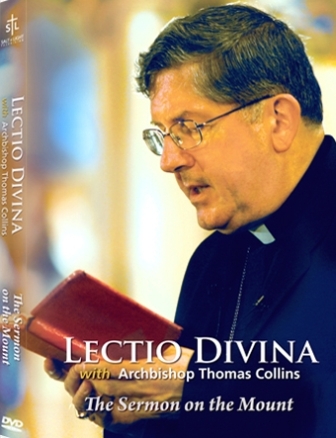Lectio Divina

"Lectio Divina" means "divine reading" and describes a way of reading the Scriptures to open ourselves to what God wants to say to us.
The actual practice of lectio divina begins with a time of relaxation, making oneself comfortable and clearing the mind of mundane thoughts and cares. Then they begin with the four steps.
These stages are not fixed rules but simply guidelines as to how the prayer normally develops.
Lectio - The first stage is reading. We read the Word of God slowly and reflectively, so that it sinks into us. Any passage of Scripture can be used but the passage should not be too long.
Meditatio - Reflecting on the text of the passage and thinking about how it applies to one's own life. This is considered to be a very personal reading of the Scripture and very personal application.
Oratio – Responding to the passage by opening the heart to God. This is not primarily an intellectual exercise, but is thought to be more of the beginning of a conversation with God.
Contemplatio - Listening to God. This is a freeing of oneself from one's own thoughts, both mundane and holy, and hearing God talk to us. Opening the mind, heart, and soul to the influence of God.
As we listen, we are gradually transformed from within. We must take what we read in the Word of God into our daily lives.
The practice of Lectio Divina as a way of praying the Scriptures has been a source of growing in relationship with Christ for many centuries.
Pope Benedict XVI said in a 2005 speech, “I would like in particular to recall and recommend the ancient tradition of lectio divina: the diligent reading of Sacred Scripture accompanied by prayer brings about that intimate dialogue in which the person reading hears God who is speaking, and in praying, responds to him with trusting openness of heart.”
